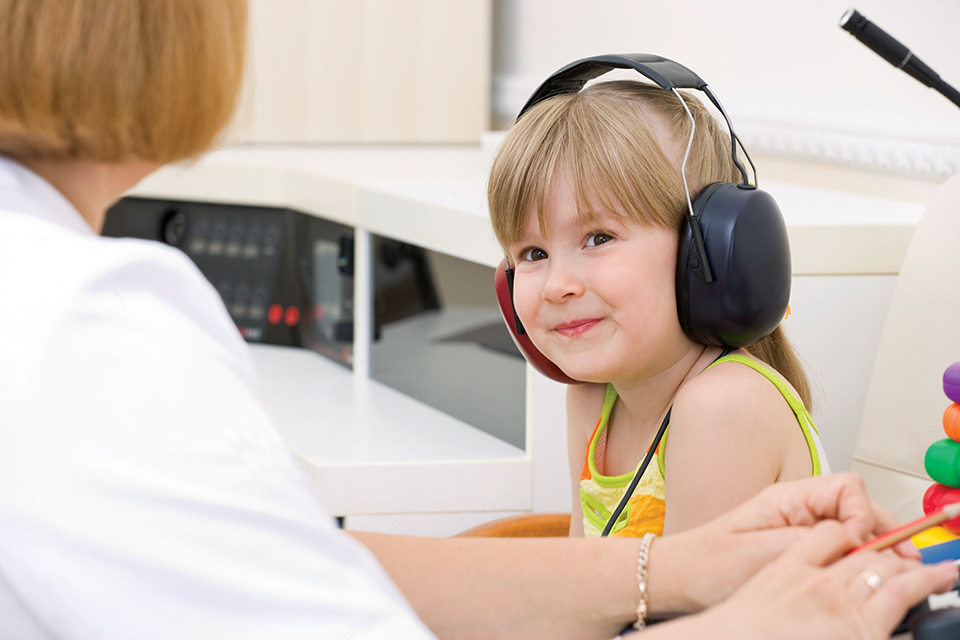Ohio Life
| Live Well Ohio
Live Well Ohio: May 2022
Try these strategies for getting a better night’s sleep, and learn when it’s time to get screened for hearing loss.
Related Articles

Live Well March/April 2024
How to teach your children kindness to the neurodiverse. Plus, find out what nutrients might be missing from your diet. READ MORE >>

Live Well Jan./Feb. 2024
How to prevent common hazards in and around the home and cold weather arrives. Plus, Dublin resident Greg Ruf shares his work to bring awareness to a lesser-known heart condition. READ MORE >>

Live Well Ohio: Nov.-Dec. 2023
Follow these five strategies to help combat dry skin this winter, and learn the lifestyle modifications that can help those at risk for developing diabetes. READ MORE >>



